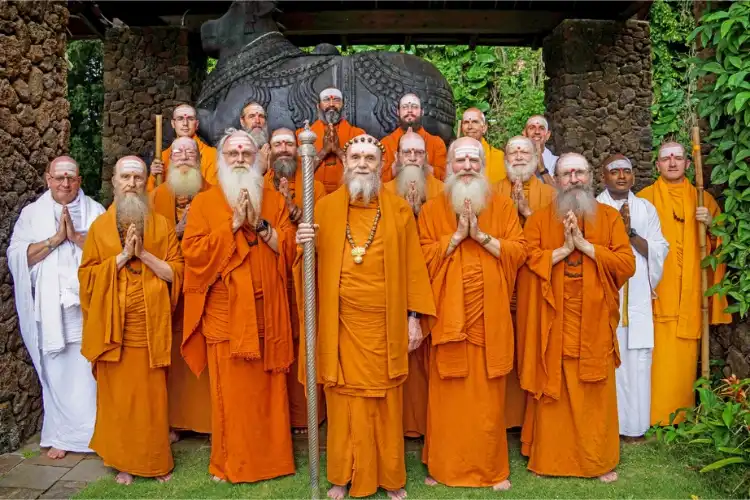‘Hindu Extremism’: the term needs to be denounced by Indian Muslims

Ayyub is not the lone voice. Several academicians, journalists, scholars, and politicians have pointed out the contradictions in using the terms “Islamic Terrorism” or “Islamic Extremism”. Professor Richard Jackson of the University of Otago argues, “Arguably the most important challenge to the overall discourse pertains to the notion of ‘religious terrorism’ as an analytical category and the narratives of the religious foundations of ‘Islamic terrorism’ in particular. In the first instance, as Fred Halliday notes, ‘it is nonsense to seek the causes, as distinct from legitimation, of violence in the texts or traditions of any religion’, because all religions have texts or traditions that allow a violent (or a pacifist) reading…..
Similarly, it is a logical fallacy to assume that some shared characteristic among terrorists – including a common religion – is necessarily linked to their terrorist actions: the fact that the majority of terrorists are men, for example, does not mean that being male predisposes one to terrorism.”
Contrary to the saying, practice what you preach, recently we are witnessing a rise in the usage of the term “Hindu Extremists” for a certain group of people violently attacking people in India, by the same set of people who argue against the very legitimacy of “Islamic Terrorism” as a category. Rana Ayyub in a tweet, on 17 December, wrote, “As the rule of law collapses in India, the whims of Hindu extremists become de facto State policy.”
This is not the only instance of Rana using the term. Apart from her, the Twitter handles of Indian American Muslim Council and Hindutva Watch are also using the term freely.
Last few years have seen a trend of equating violence by a few small groups as representatives of Hindus by Western media. While previously they would name a group indulging in violent activity as hardliner, now a whole community is being targetted. In 2017, CNN did a story on Karni Sena’s threat to Deepika Padukone amidst row around Padmavat, Release of Bollywood epic postponed amid death threats sent to female lead, without using the term. Move to 2022, CNN is using the term in headlines like, India’s Hindu extremists are calling for genocide against Muslims. Why is little being done to stop them?
As an Indian Muslim, who has lived through 9/11 and 26/11, I understand the psychological trauma through which a community is made to go through when a ‘terror’ activity is equated with their religious belief. This categorisation of accusing a whole religious group results in varied responses from people. Some go into apologetic mode working overtime in condemning terrorists as if they themselves are responisble for the inhuman acts. A few others, sometimes a large number, see these labels as a direct attack on their religious identity and thus start supporting the perpetrators of violence.
While several foreign media outlets are using this term lately, I see an attempt of cornering a whole religious group like Muslims. The fact that we call preprators of genocide of Jews, Nazi and not Christian or German, or media is sensitive enough to not to blame Jews for killing Palestinians but the term used is Zionist, is enough a reflection that how western media understands the difference between accusing a party, or ideology, and a whole religious community.
Nobody is denying that violent groups, or individuals, carry out attacks in India, like any other society. Journalists can name the group or people but alleging a whole religious community is criminal. It is criminal in case of Islam, Hinduism, Christianity, Budhism, Sikhism or any other religious group. Rather than soving any problem it will create further cleavages in the society. “Discourse and the ‘knowledge’ it produces is never neutral or objective; it always works for someone and for something; it is an exercise in social and political power…...
ALSO READ: India's Sufiya Sufi to run around Qatar in 35-40 hrs
Perhaps most importantly, locating the source of terrorism in religious extremism functions to deny and obscure its political origins and the possibility that it is a response to specific Western policies. That is, assigning nonrational, cosmic aims to violent groups, the discourse works to de-politicise, de-contextualise and dehistoricise the grievances and political struggles of a great many groups and sometimes, entire societies, thereby de-linking the motives of the terrorists from the policies of Western states or their allies.”



Comments
Post a Comment
If you have any doubt, let me know